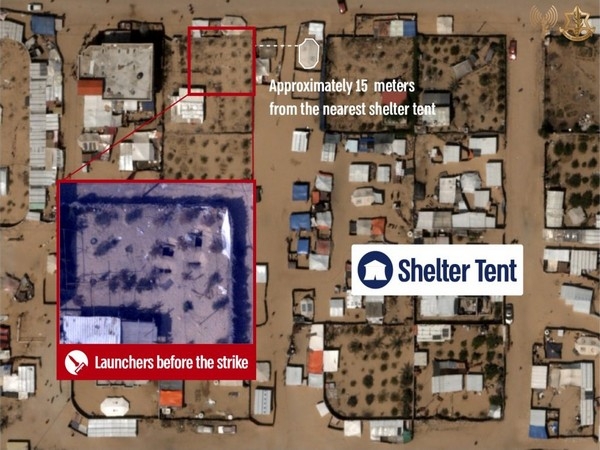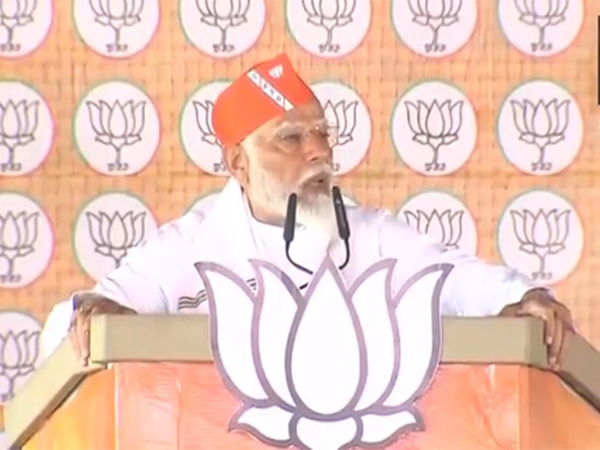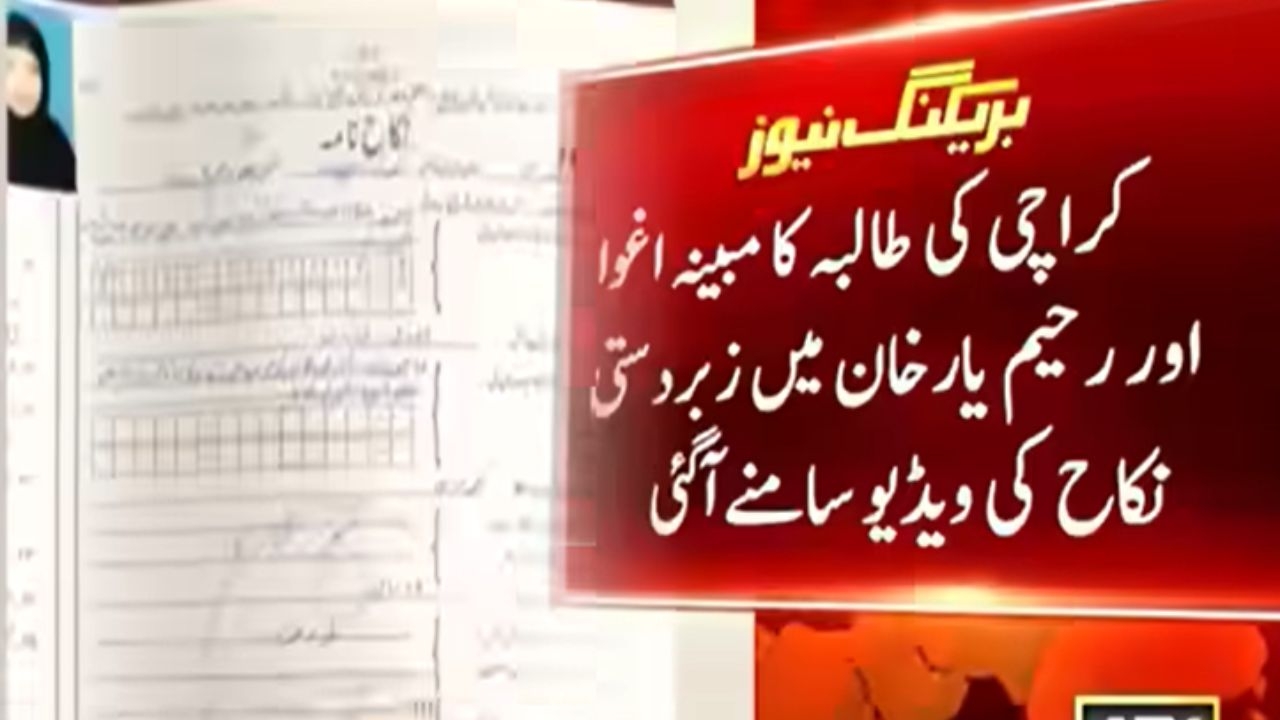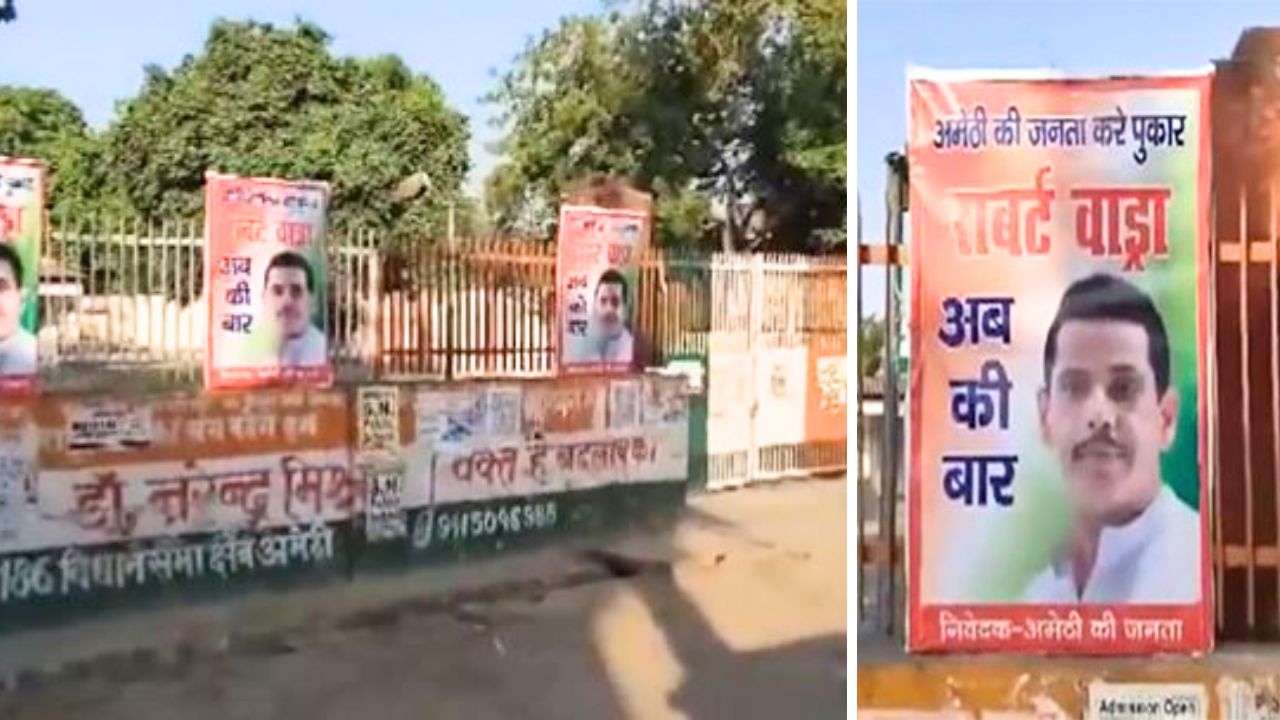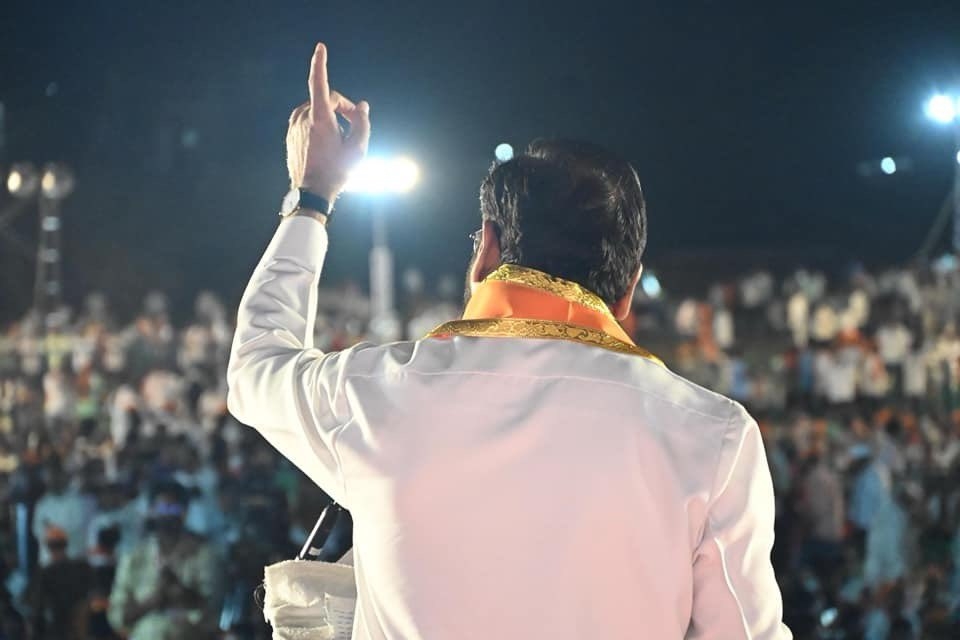Ram Temple was razed by Aurangzeb, not Babur: Ayodhya Revisited author

It took former Gujarat police officer Kishore Kunal nearly six years to write Ayodhya Revisited. But it took no time for controversy to erupt after the book was published. Not surprisingly, for the 700-page book seeks to turn history on its head: it claims that the mosque demolished by Hindutva outfits in 1992 was not built by Mughal Emperor Babur.
According to the book, the mosque was built on the site of the Ram Temple, but not in 1528 AD as is commonly believed. The "demolition of the Ram Temple", the book claims, took take in 1660 AD when "Fedai Khan was the governor of Aurangzeb in Ayodhya".
Kunal claims that both "Marxist as well as rightist historians" have "wrongly used the book Bahadurshahi as evidence to prove that Babur had constructed the disputed mosque. However, Bahadurshahi was written by the daughter of Bahadur Shah, who was Aurangzeb's son."
Also read:Stage whisper: why is the Sangh hosting an Ayodhya sadhu's birthday bash?
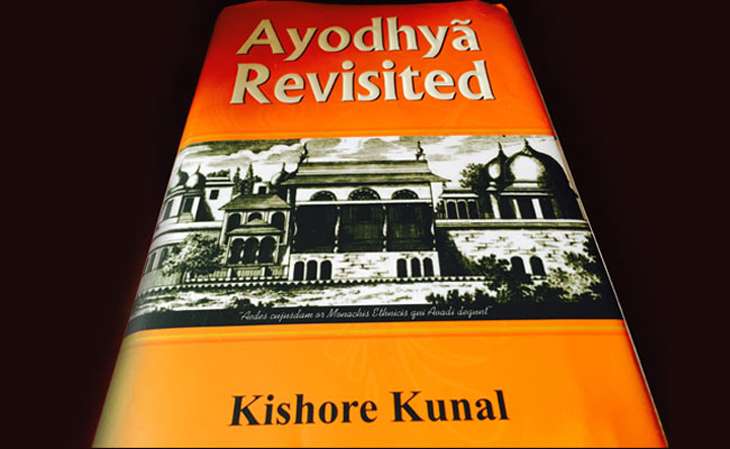
Originally from Bihar, Kunal had a long stint as an IPS officer in Gujarat, before returning home as President of Bihar Board of Religious Trusts. As Officer on Special Duty in the home ministry, he was closely involved with the Ayodhya dispute in the years before the demolished of the mosque.
Catch recently caught up with Kunal to discuss his book. Excerpts from the conversation:
Why did you feel the need to write Ayodhya Revisited?
I have been a student of history and Sanskrit. Over the years, I realised that reality differed greatly from popular perception when it came to the Ayodhya dispute. In the early 1990s, I acted as a mediator between Hindu and Muslim communities to resolve this dispute. Then, during the last stages of the legal proceedings in this case in the Allahabad High Court, I felt the need for an intellectual intervention. I prepared an elaborate thesis on the subject. I consider it my duty to bring out the truth. I have only written the truth.
Some commentators have said your book is a slap on the face of politicians trying to capitalise on the issue?
My aim is to reduce tension between Hindu and Muslim communities by telling the truth. Former Chief Justice of India GB Patnaik has written the foreword in which he says the book would help improve relations between the two communities. Innocent citizens mistake the claims made by politicians as historical facts, whereas the reality is something else.
Also read: VHP: 31 December deadline to start construction of Ram Mandir in Ayodhya
How do you think this book will affect the politics around the Babri Masjid-Ram Temple issue?
I think the book will help establish peace between the two communities. One side won't curse the other in the name of Babur. Aurangzeb is already known to have demolished several temples and the Ayodhya temple is just one more addition to this list. At the same time, the other side will not be able to claim that the mosque was built by Babur. The dispute will die down when people realise they had been fighting over wrong historical claims.
But isn't it true that people, especially politicians, are more interested in confrontation over this issue than trying to seek the truth?
Facts cannot be ignored for long. When the media tells the people that there was no Babri Masjid there in the first place, what will be there to fight for? It is true that there was a mosque on the disputed site, but it in light of the facts I have presented, it would not be possible to turn it into an emotive issue by linking it to Babur.
How has Ayodhya, the place and its people, suffered from this dispute?
This dispute has damaged the composite culture of Ayodhya. It is difficult to make up for this loss. However, bringing out the truth will prevent the future generations from fighting over this issue. The next part of the book deals with the political aspect of the Ayodhya dispute. I would not like to talk about it at this stage.
Edited by Mehraj D. Lone
Also read: 8 times we saw the Babri Masjid debacle recalled on the big screen
First published: 22 June 2016, 16:37 IST
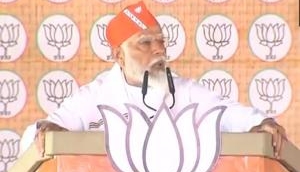
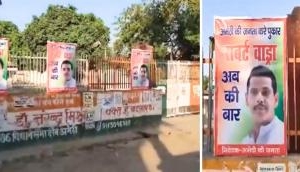
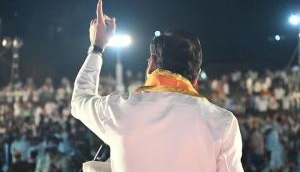
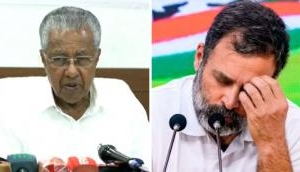
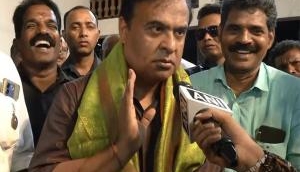
![BJP's Kapil Mishra recreates Shankar Mahadevan’s ‘Breathless’ song to highlight Delhi pollution [WATCH] BJP's Kapil Mishra recreates Shankar Mahadevan’s ‘Breathless’ song to highlight Delhi pollution [WATCH]](http://images.catchnews.com/upload/2022/11/03/kapil-mishra_240884_300x172.png)

![Anupam Kher shares pictures of his toned body on 67th birthday [MUST SEE] Anupam Kher shares pictures of his toned body on 67th birthday [MUST SEE]](http://images.catchnews.com/upload/2022/03/07/Anupam_kher_231145_300x172.jpg)


